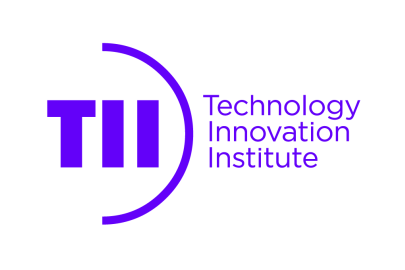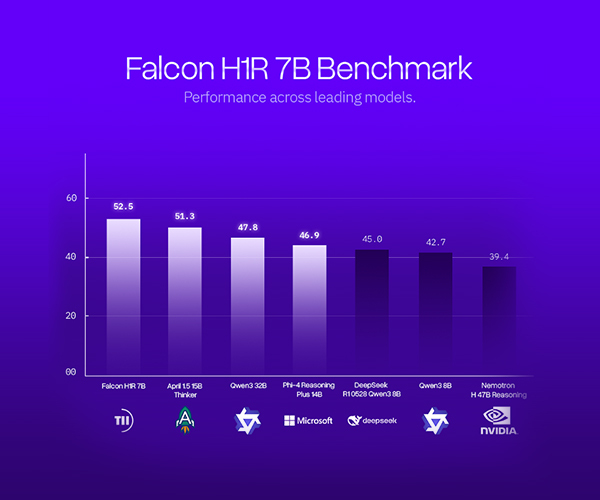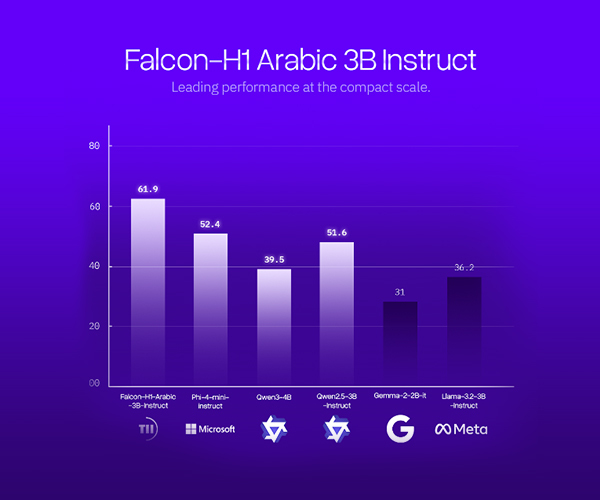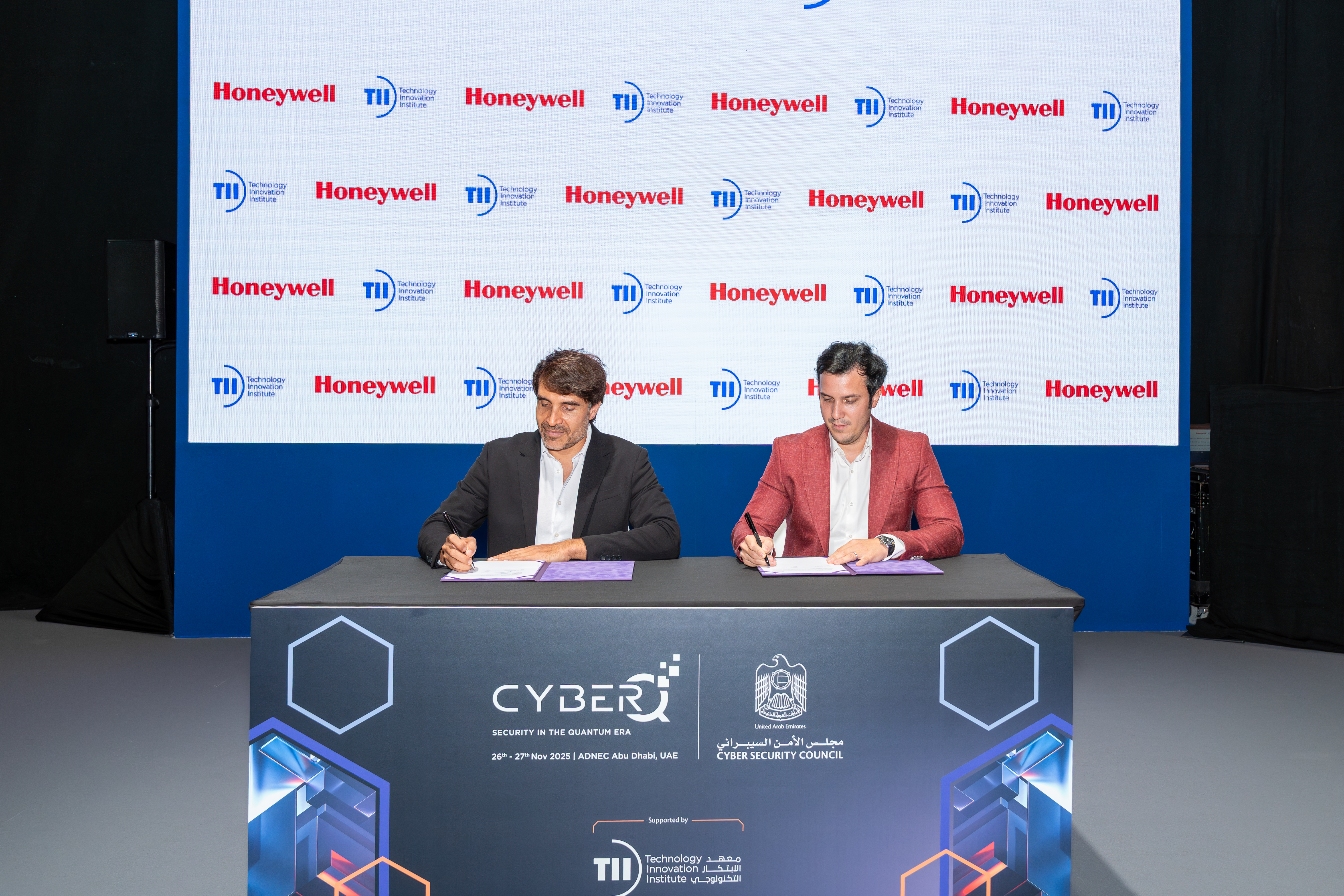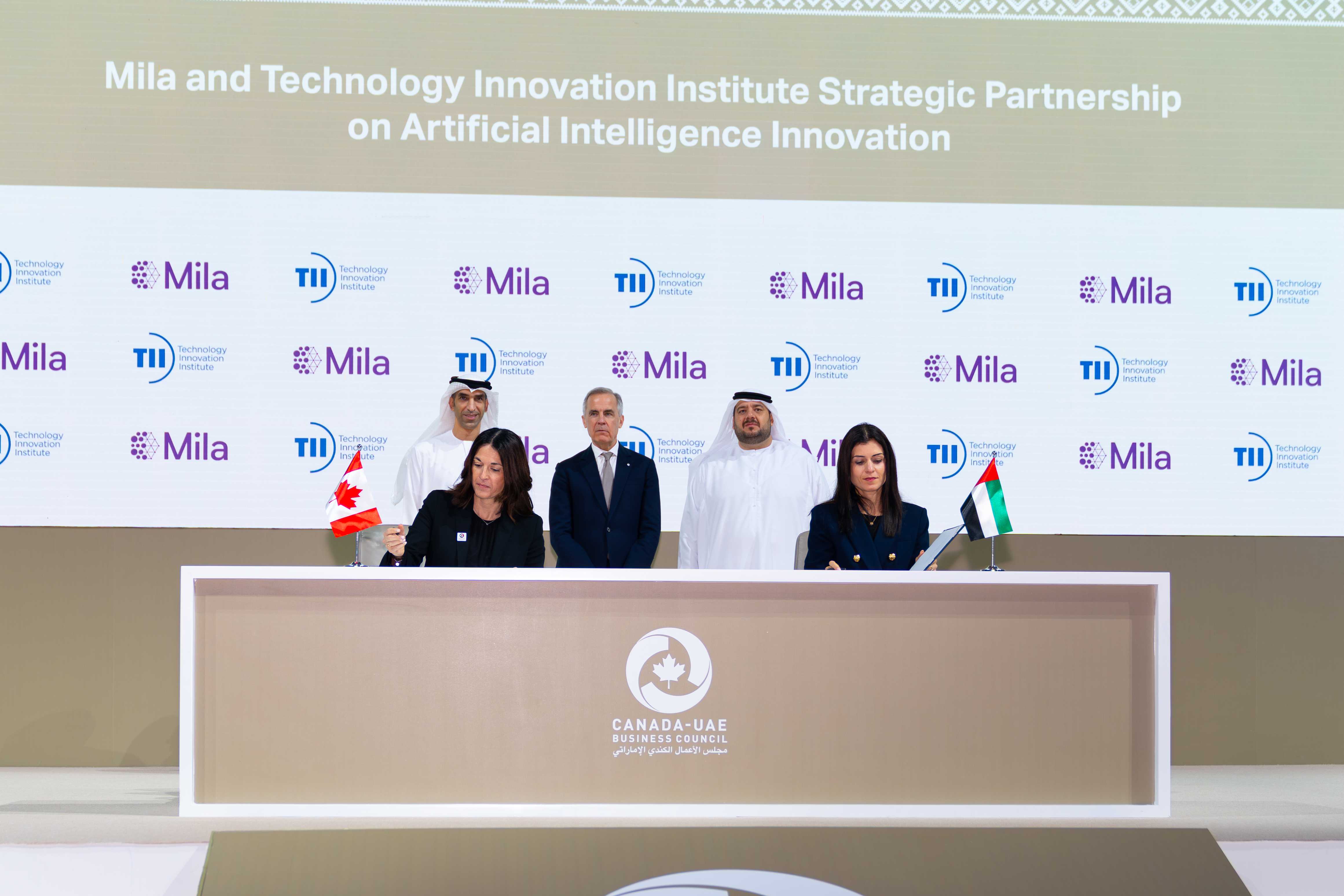A team of scientists from Princeton University and the University of California-Los Angeles, including Princeton-alumna, Dr. Najwa Aaraj, Chief Researcher at our Cryptography Research Center (CRC) and Autonomous Robotics Research Center (ARRC), has developed a pioneering exploit detection framework that draws on public computer security databases and uses a combination of pattern-based techniques to raise an alarm when it detects a security problem.
Earlier, scientists resorted to many of the same machine learning tools that proved successful in other applications, including deep learning models, called Transformers, and long short-term memory (LSTM) neural networks. These approaches, however, require too much computational overhead for real-time security environments.
The new model, called ML-FEED, proved to be more than 70 times faster than lightweight LSTMs and over 75,000 times faster than Transformers at tackling the team’s exploit detection tasks. The new framework was also slightly more accurate than either comparative approach.
A paper highlighting this achievement, titled “ML-FEED: Machine Learning Framework for Efficient Exploit Detection”, co-authored by Dr. Aaraj, Tanujay Saha, and Niraj Jha of Princeton University, as well as Tamjid Al Rahat and Yuan Tian of the University of California-Los Angeles, won the best paper award at the 2022 IEEE International Conference on Trust, Privacy and Security in Intelligent Systems and Applications, in December 2022.
Scientists Develop Ground-breaking Deep Learning Model for Real-time Security Environments
Feb 03, 2023 More News




